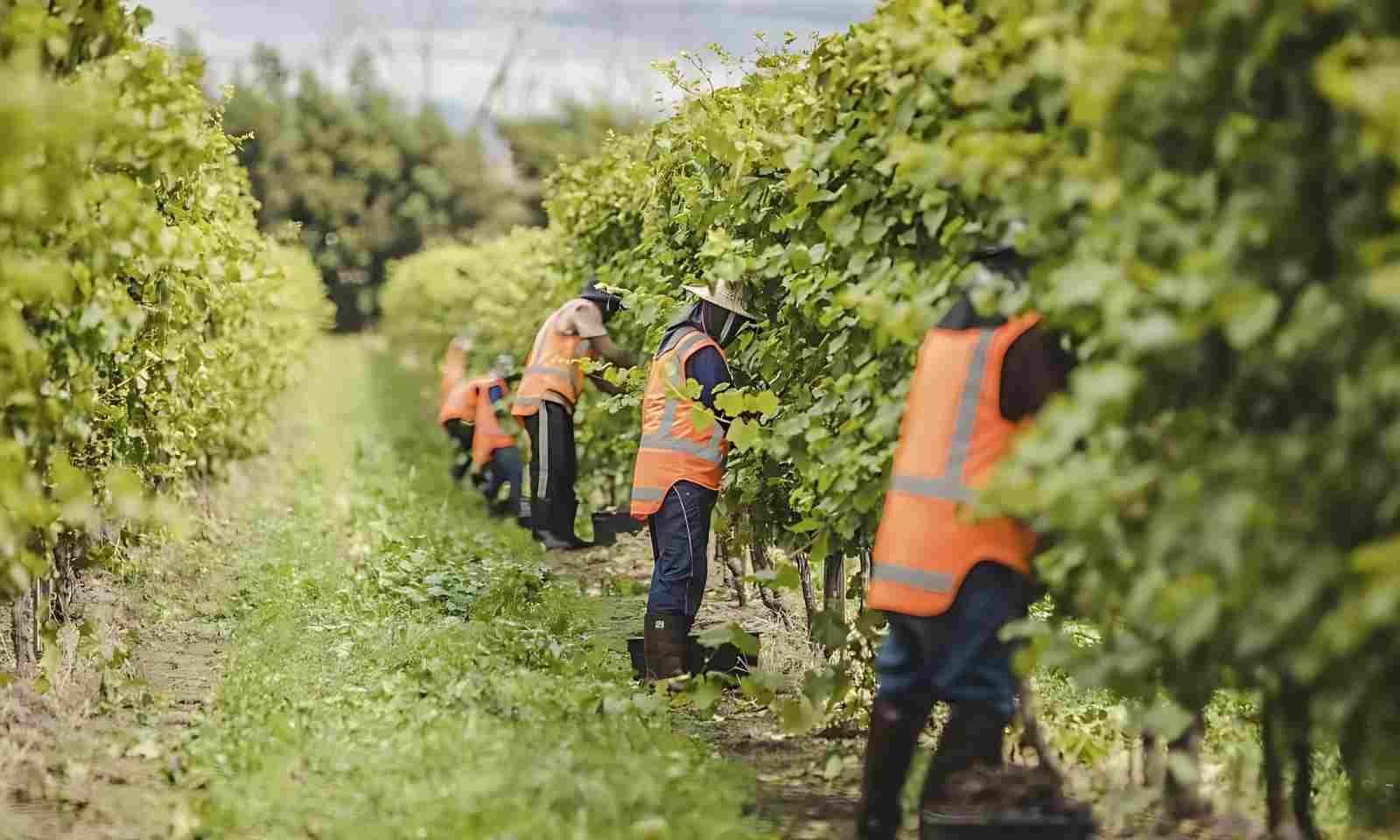

Migrants from the Philippines have been threatened to not speak with authorities over claims of severe mistreatment.
Photo /Unsplash.
Trafficked workers in NZ left jobless and indebted, union reports
Filipino migrants have been falsely promised of up to $20,000, only to face dire working conditions and threats for speaking out, FIRST Union reveals.





Inked across lands: How Pacific tattoo art is thriving in Germany


Pacific pride on the big stage: ‘Chief of War’ wins Best Ensemble at the Spirit Awards



Inked across lands: How Pacific tattoo art is thriving in Germany
Migrant workers from the Philippines are experiencing threats of violence and injury risks for reporting trafficking issues in New Zealand, warns FIRST Union, one of the largest private-sector unions in the country.
FIRST Union represents over 30,000 workers across various industries, including finance, retail, transport, logistics, textiles, and wood.
Twelve people have come forward, with more contacting the union to share their experiences of deception and exploitation.
Dennis Maga, the General Secretary of FIRST Union, told Pacific Mornings' William Terite that these migrants were promised jobs in New Zealand for payments ranging from $10,000 to $20,000.
He added that they were often given a script detailing their work and employers to use when speaking with Immigration New Zealand.
"They've been coached and promised that they don't have to produce credentials [and that] their recruitment agency will produce them on their behalf," Maga said.

Migrant workers are urged to seek proper guidance when applying for jobs overseas. Photo/supplied
“And then when they arrived here, they discovered that there was no job for them,” Maga said.
“They were just stuck in a house, and it's up to the recruitment agency if there will be jobs available for them.
“They're working in various industries, construction, hospitality or whatever jobs are available to them - So the money is not enough to pay for their rent [and] their debt back home.”
Maga added that these workers were advised to refrain from communicating with the Philippines Embassy, allowing recruiters to hide the placement fees they collected.
Under relevant laws, the Philippines Overseas Employment Administration (POEA)-approved agencies can charge Overseas Filipino Workers (OFW) only the equivalent of one month’s salary.
Watch Dennis Maga’s full interview via 531pi’s FB below.
Exploitation is not limited to this group: Similar issues have arisen within the Recognised Seasonal Employer (RSE) Scheme for Pacific workers.
This programme has faced criticism over inadequate accommodation, low wages, and poor treatment.
A Government inquiry in 2022 revealed that many RSE workers were living in conditions that amounted to modern-day slavery, with issues such as insufficient accommodation, excessive wage deductions, and limited access to healthcare.
“The situation right now is that we're working with government authorities [and] we filed a case,” Maga said.
“Despite that, they received death threats from them if ever they decided to complain about the exploitation and then trafficking case against their individual recruiters.”

NZ's RSE Scheme has faced similar accusations of mistreatment. Photo/supplied
Maga said he was alarmed at the sophisticated nature of trafficking operations, adding that many recruiters operate outside New Zealand, making prosecution challenging.
He urged migrants to seek proper guidance when applying for jobs abroad to protect themselves.
He recommended direct engagement with government websites, licensed immigration consultants, and lawyers.
“It doesn't matter how we legislate or introduce legislation, how we equip our government officials to make sure that they have enough support and resources to prosecute this kind of organised crime offshore and onshore.
“It's going to be hard if they just simply believe whatever other people are saying to them, and these people have no authority to do so anyway.”